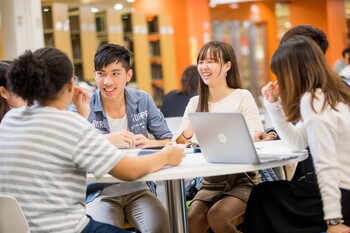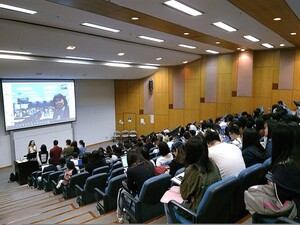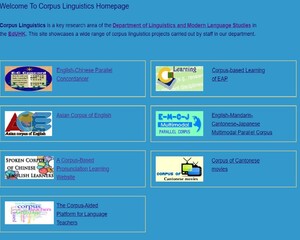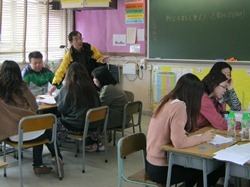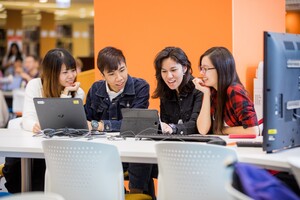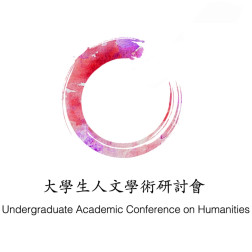The Faculty of Humanities (FHM) strives for effective means to facilitate learning and teaching. Apart from the traditional classroom teaching, we also provide different e-learning platforms including Moodle, Mahara, Video-based Learning Community (VBLC) and Cooperative Learning Across Borders (CLAB) etc. to enhance the quality of learning and teaching.
With the support of different teaching grants (e.g University-level and Faculty-level Teaching Development Grants, Knowledge Transfer Project Funding, etc.), various projects have been carried out not only to benefit the students within the campus but also to contribute to the society, strengthening the scholarship of teaching on the one hand and stimulating the learning initiatives of students on the other hand.
We organise workshops and public lectures aiming to transfer the necessary knowledge to the students and the public. Roundtables, seminars and conferences also provide platforms for local and overseas scholars, experts, teachers, and students to exchange ideas about current educational issues, innovations and development in regional and international contexts.
| Learning | |
|---|---|
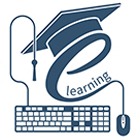 | E-learning To echo the e-learning strategies and policies of the University, e-learning components (e.g. e-Portfolio) have been widely incorporated in the course design/delivery in different programmes. Various e-learning platforms, tools and online resources have been used in classes, such as Moodle, Corpora, Concordancers, EdPuzzle, Pecha Kucha, Facebook, Edmodo, BlogSpot, etc., to supplement traditional face-to-face teaching. To brew a rich blended learning culture and environment, an e-learning station (https://sites.google.com/view/blueiifhm/home) under the project of Blended Learning for University Enhancement (BLUE) has been developed to implement the “One-Course-One-Online-Lesson” scheme which helps to facilitate online learning and teaching. |
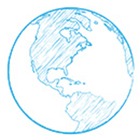 | Experiential Learning To create a learning environment of cultural and linguistic diversity for students, international or Mainland experience are provided during their course of study, including but not limited to student exchange, internship, international summer programme, immersion programme and Leadership & Service Learning Programmes etc. Students can not only enhance their language skills, but also immerse in another culture, making friends around the world and broadening their horizon. |
 | International Exposure To foster academic exchange and nurture young research talents, local experts and visiting scholars are invited to conduct seminars, workshops and conference presentations. Research postgraduate students are not only invited to organise these activities, but also encouraged to give presentations at international conferences with their supervisors for gaining international exposure while the conference papers will be further developed into journal articles for publication. |
 | Language Enhancement To enhance students’ language proficiency and develop their interests and enthusiasm in language learning, an array of featured language enhancement activities are offered such as TEDxEdUHK Talk, G20 Simulation, Creative Writing Contest, Biliterate and Trilingual Storytelling Competition, etc. Workshops, consultations, book club, English Café and Buddy Scheme programme are also arranged by International tutors (from Brazil, Colombia, Finland, Mongolia, the Netherlands, the United States and Sweden) to create a fun language learning environment. |
 | Practical Learning To enhance employability, field experience and internship opportunities are provided to students in different regions including Germany, the Czech Republic, Hong Kong, the Mainland China, the Netherlands, the United Kingdom, the United States, Singapore and Vietnam etc., where they can gain valuable hands-on experiences. RPg students are also given opportunities to be involved in TDG projects led by their own principal supervisors where they can put theories into practices. |



